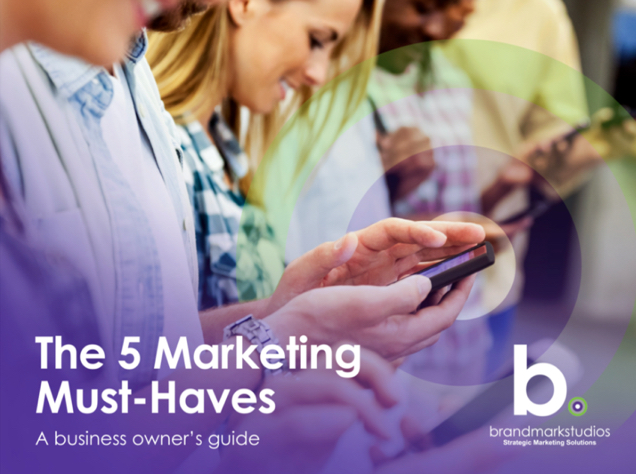Sending unsolicited emails can damage corporate reputations, devalue brand appeal and lead to legal issues. If used correctly, however, opt-in email marketing can act as a successful mechanism to intrigue audiences, motivate action and effectively sell products and services.
Is Cold Emailing Illegal?
Sending unsolicited emails is not illegal, but the field is highly regulated. The CAN-SPAM Act, passed in 2003, set boundaries for email marketers and established stiff penalties for those who disregard the rules. Violators can be fined up to $43,792 for each non-compliant message, which can easily add up when hundreds or even thousands of emails are sent. To avoid eye-watering fines, email marketers must meet the CAN-SPAM Act’s seven main requirements:
- Avoid misleading headers: Any "from" and "reply-to" information in emails must be accurate and identify the email address of the sender.
- Use clear subject lines: Subject lines should reflect the content of the email and not be misleading.
- State the purpose: The subject line or body of a promotional email must clearly state that the message was sent for marketing purposes.
- Include a street address: Unsolicited emails must contain a physical address that recipients can use to contact the sender.
- Offer an opt-out option: All unsolicited emails must give recipients who do not wish to receive any more messages an unsubscribe option.
- Honor opt-out requests: The law gives email marketers 10 business days to honor opt-out requests.
- Monitor the behavior of others: Companies and individuals can be fined even when a third party or agency sends non-compliant email messages on their behalf.
Can I Send Marketing Emails to Businesses?
The CAN-SPAM Act also applies to business-to-business communications. Any unsolicited emails that do not meet the law’s requirements can lead to steep fines, regardless of whether they are sent to businesses or individuals.
Privacy is Important
Privacy is an important issue when it comes to subscription-based marketing. Few customers will sign up for a newsletter or agree to receive promotional emails unless they are assured their information will be kept private. Email addresses are just as personal as home addresses, and any form of unapproved public sharing violates trust and is unethical. Most email marketing platforms and websites have language that indicates collected email lists will not be shared, and companies must abide by these policies in order to maintain and bolster loyal relationships with their clientele.
Benefits of Permission-Based Email Marketing
When done well, email marketing can be a reliable way to engage customers and bring in new business. There are many benefits of permission-based email marketing:
- Opting in works: When consumers were surveyed about their buying habits, 60% of them said they’ve made a purchase as the result of a marketing email they received.
- Higher open rates: Email open rates are significantly higher when sent to a list of subscribers who have already expressed interest in the brand. The open rate of opt-in messages is between 30 to 40%. The open rate for unsolicited emails is only about 2%.
- More conversions: Consumers who have requested to receive messages are more likely to take action when faced with a purchasing opportunity, which is seen in higher click-thru and conversion rates.
- Customer loyalty: Current customers are more likely to be receptive to future emails and respond to promotions.
- Healthier ROI: According to experts, every $1 spent on opt-in, permission-based email marketing provides a return of between $38 and $44.
- Brand awareness: Systematic interaction with customers allows brands to remain visible and top of mind amongst key audiences.
Put an Experienced Team on Your Side
If you would like to join other successful companies that have adopted a powerful opt-in, permission-based email marketing program, contact us today. We can help you set up your email marketing platform and craft campaigns that stimulate interest, grow engagement and catapult your business toward success.
Opt in to learn more! Email or call us today at (203) 438-9400.





